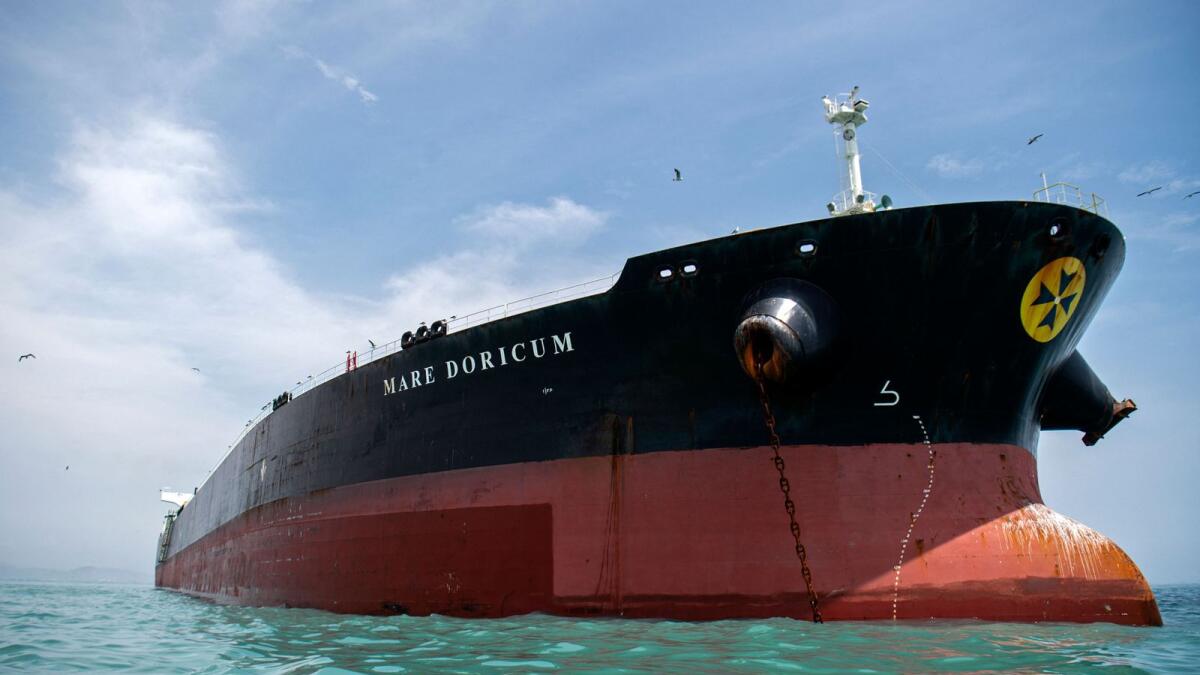Big energy merchants trading oil cargoes forming the basis of the Brent benchmark have used an obscure clause to reroute US shipments from Europe, casting doubts on whether the reforms to the crude price marker have been successful. This practice, which allows the re-routing of US crude from Europe, raises concerns about how well the Brent benchmark reflects supply and demand in the market. Brent is a significant benchmark in commodity markets, used to price over 60 percent of globally traded crude and underpin oil futures, impacting fuel prices paid by consumers and businesses.
The addition of US crude to the Brent benchmark in 2023 aimed to limit trading plays that distort Brent prices, but recent reroutings have brought back concerns about the accuracy of the benchmark. Platts, a unit of S&P Global Commodity Insights, had allowed US WTI Midland crude to be included in its Brent price assessment to boost liquidity as supplies from North Sea Brent and other oilfields dwindle. However, some WTI cargoes traded for delivery to Europe via the Platts system did not arrive, leading to concerns in the market about the benchmark’s validity.
Trading companies dealing in US oil have used a clause called bookout to change the destination of WTI cargoes traded into dated Brent, shifting them from Europe to Asia or keeping them in the US. While this is allowed under Platts’ rules, it can impact prices, including that of dated Brent, creating a perception of stronger demand in Europe than reality. However, there is no conclusive link between the cargo trading activity and prices over the period, according to reports. Platts has not received any complaints about the practice and considers it typical in many markets.
Companies like Trafigura, Gunvor, and Vitol have been reported to use bookouts to change the destinations of WTI cargoes traded into dated Brent, in line with the Platts methodology. While some defend this practice, others argue that it could distort the perception of demand in Europe. Platts assesses dated Brent’s price based on five North Sea crudes, including Brent, Forties, Oseberg, Ekofisk, and Troll, as well as WTI Midland on the day. Although there are no plans to make conversions transparent, Platts believes the fair value of oil delivered into Europe is reflected in the CIF trade.
In a notable deal, Trafigura sold three WTI cargoes for delivery to Rotterdam and later changed the destination to China, leading to fluctuations in crude differentials and Brent prices. Other trading companies like Vitol and Gunvor also reportedly bought WTI cargoes on a delivered basis to Europe, which later converted to FOB. While there have been instances of cargoes switching from CIF to FOB, Platts has not disclosed exact numbers. There are calls for transparency in disclosing changes of cargo destinations to ensure accurate price assessments.
Despite concerns raised by industry experts, Platts stands by its methodology, stating that adjusting assessments retroactively is not warranted. The US Commodity Futures Trading Commission (CFTC) and European Securities and Markets Authority (ESMA) declined to comment on the issue. Physical Brent trades that are booked out should be reported to Platts, according to industry experts, to ensure accurate price assessments. While there are disagreements on the impact of the rerouting practice, the debate over transparency in oil trading continues in the industry.










